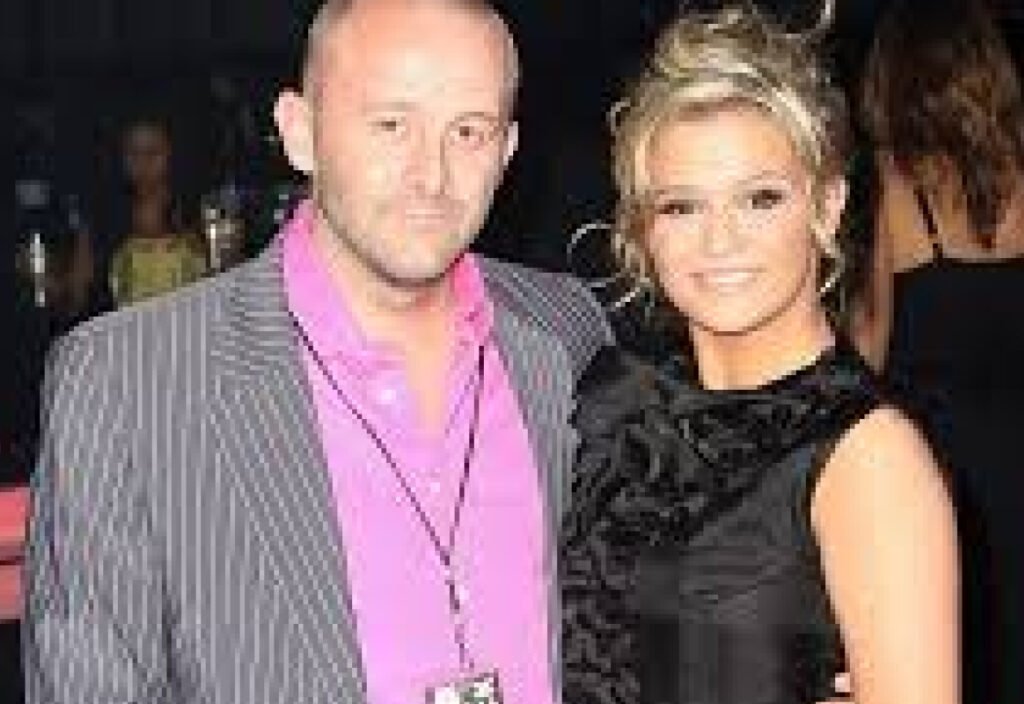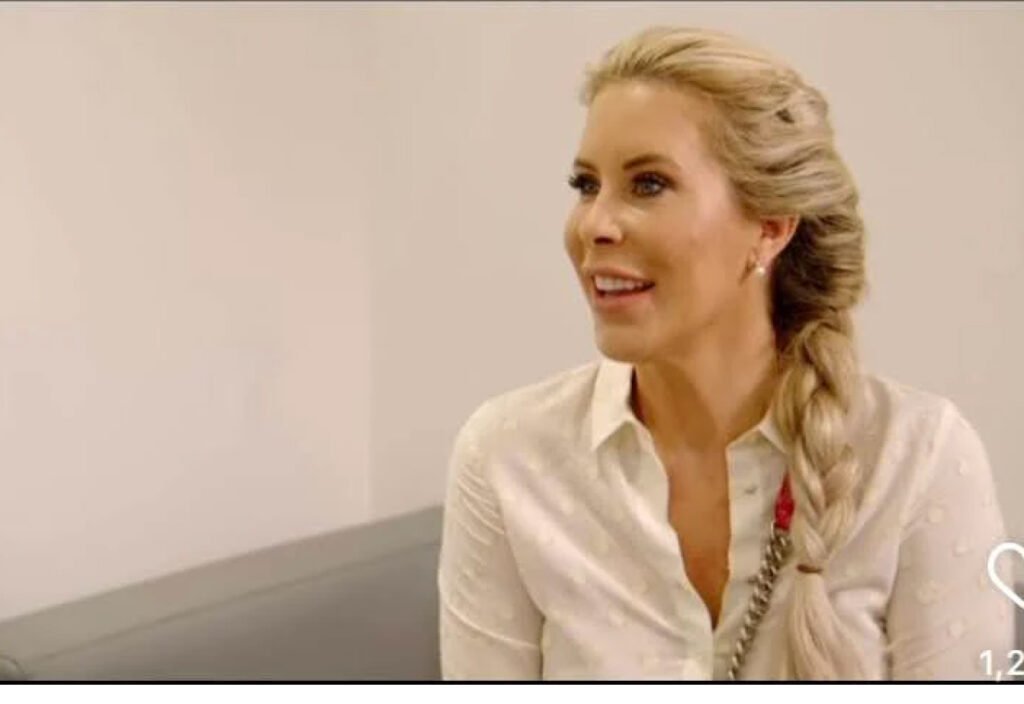
Sophia Kingan — From Lab Bench to Talent Matchmaker (1000+ words)
Sophia Kingan’s name is increasingly appearing in conversations where technical credibility and people skills need to meet — the niche but vital world of scientific recruitment. Her career path, which moves from analytical chemistry and forensic science into leadership in recruitment for life sciences and med-tech, is a neat case study in how deep domain knowledge can make someone exceptional at finding and placing talent. Below I’ll walk through her background, the strengths she brings to recruitment, how that helps clients and candidates, and what her story tells us about career flexibility in STEM today.
A technical foundation that matters
What separates many successful technical recruiters from the rest is not a fancy sales technique — it’s real laboratory experience. Sophia studied drug chemistry at the master’s level (Newcastle University) after completing a BSc (Hons) in forensic and analytical science. That academic grounding is more than a credential: it shapes how she evaluates scientific CVs, asks probing technical questions in interviews, and understands the practical constraints of lab work and regulated environments. Several profiles and interviews about Sophia highlight this transition from hands-on scientist to recruitment specialist, noting that her MSc and forensic/analytical background inform her approach. News Dipper+1
That technical literacy is especially valuable in industries like pharmaceuticals, diagnostics and med-tech, where one mis-matched hire can cost months of development time or compromise regulatory timelines. When a recruiter can read a methods section and understand whether a candidate’s experience maps to a client’s assay platforms, instrumentation, or GMP expectations, that recruiter becomes a strategic partner rather than just a resumé-matcher. Several recent profiles describe Sophia’s move into recruitment as deliberate: she wanted to leverage her science training to help teams build capable technical groups. ADD MAGAZINE+1
From lab to leadership: the professional journey
Sophia’s story is a practical example of career pivoting done well. She began as an analytical chemist — the kind of role where precision, documentation, and method validation form part of the daily routine. Over time she moved into recruitment and rose to leadership roles, taking on responsibilities such as business management for scientific teams, client strategy, and supporting growth across healthcare and life sciences verticals. Her LinkedIn and public write-ups note her current and recent roles at scientific recruitment firms and her focus on hiring within pharmaceutical, diagnostics, and medical device sectors. uk.linkedin.com+1
People who make this transition successfully often share a few traits: curiosity about people and organizations, the ability to translate technical needs into hiring criteria, and persistence in building networks across academia and industry. Sophia’s trajectory illustrates these traits — she’s not merely filling roles, she’s helping hiring managers think through what skills will drive results (e.g., method development vs. QC troubleshooting, bench chemist vs. formulation scientist). Several industry write-ups emphasize that her value proposition is this hybrid competence. ADD MAGAZINE+1
What she brings to clients and candidates
- Credibility with technical stakeholders. Being able to speak the language of research scientists, lab managers, and regulatory leads matters. Sophia’s background allows her to evaluate skill claims and to build trust fast with hiring managers — which shortens the feedback loop and reduces time-to-hire. News Dipper
- Realistic candidate assessment. Many recruiters rely solely on keywords; domain-versed recruiters ask about experimental design, data interpretation, and problem-solving approaches. That reduces false positives and helps candidates land roles that match both their technical and cultural fit.
- Stronger candidate coaching. Candidates benefit when their recruiter understands what interviewers will probe. Sophia can coach technical candidates on how to present their results, describe troubleshooting stories, and highlight compliance-relevant experience in ways that hiring teams actually value. Industry write-ups on Sophia highlight this as a recurring strength. ADD MAGAZINE+1
- Market intelligence. Recruiters who come from the field often track shifting skill demands (e.g., growth in cell therapy analytics, demand for LC-MS expertise, or the rise of automation and bioinformatics). That intelligence helps companies design roles that will attract top talent and helps candidates pivot into in-demand niches.
Culture, curiosity and extracurriculars
Beyond her professional life, public profiles suggest Sophia is engaged in creative and active hobbies: music, yoga, snowboarding, and “unnecessary maths,” according to an X (formerly Twitter) bio. That mix gives a picture of someone intellectually curious and well rounded — traits that typically translate into a people-focused leadership style. Public posts also show community engagement (events, labs, and sector news), which is useful in recruitment where networks and visibility matter. X (formerly Twitter)+1
Lessons from her career for STEM professionals
Sophia’s path offers useful takeaways for anyone in science considering a pivot:
- Transferable skills are real. Lab techniques, data literacy, critical thinking, and documentation habits are all portable into commercial, regulatory, or talent roles.
- Domain knowledge multiplies impact. In highly technical industries, being able to bridge the bench and the boardroom creates disproportionate value.
- Networking + curiosity = options. Engaging outside narrow technical silos — speaking at events, contributing to sector conversations, or even running an active, professional social profile — opens unanticipated pathways.
- You can lead without losing the science. Moving into leadership or client-facing roles doesn’t mean abandoning technical curiosity. It often amplifies it by giving you a broader view of how science creates value.
The bigger picture: why technical recruiters matter now
The life sciences sector is undergoing fast change: AI accelerates discovery, new modalities (like gene and cell therapies) change manufacturing needs, and regulatory expectations keep tightening. These shifts increase demand for recruiters who can match rare skills to specific project timelines. People like Sophia — who combine bench experience with recruitment craft — help companies avoid costly hiring mistakes and help scientists find roles that actually further their careers. Profiles that focus on her work repeatedly point out that this intersection of credibility and hiring know-how is exactly what clients want. News Dipper+1
Final thoughts
Sophia Kingan represents an increasingly common and valuable career archetype: the scientist-turned-specialist who translates technical fluency into people-and-business outcomes. Whether you’re a hiring manager struggling to find the right assay scientist, or a bench researcher considering a move into a non-bench role, Sophia’s journey is instructive: deepen your domain knowledge, build people skills, and don’t underestimate how powerful a hybrid profile can be.



















